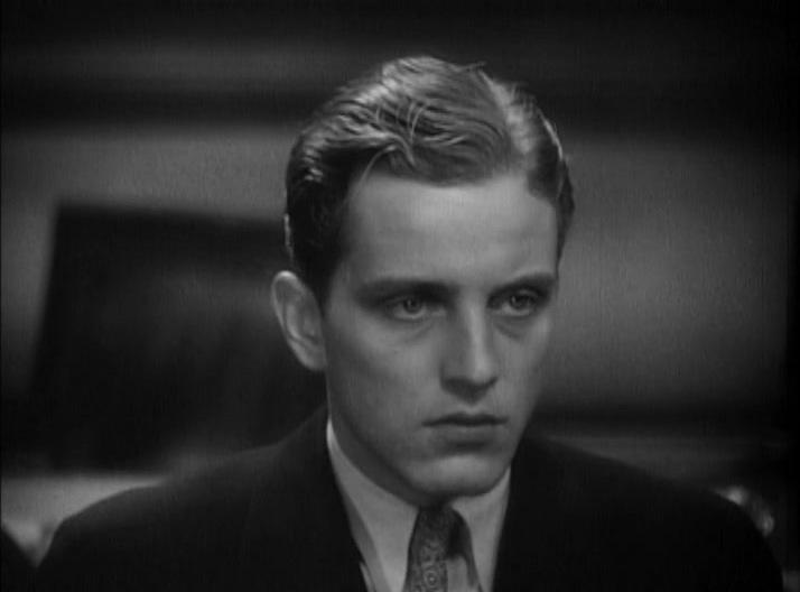"Basically, amoral social climber from poor background seduces poor factory girl, gets her pregnant, wants to marry a rich socialite and so kills poor factory girl by smashing her in the head with his tennis racket and dumping her body in a lake, fakes a canoe accident, trips self up by being basically an idiot, dies in electric chair after mercy is refused by Governor Charles Evans Hughes."
Category: Crime
On Crime and Punishment This Fourth of July
"It's well worth a challenging read-and-think on everyone's part at this particular moment in the country and society."
Corporate Power
"Many states whose sovereignty is threatened are now finally waking up to the danger. But is it perhaps already too late to do anything about the seemingly over-mighty corporations?"
Where Are the Bodies? We Have an App for That.
"The information presented is stark and perhaps unsettling."
No Slope, No False Equivalency. Just the Same. Damn. Thing.
Immoral, indecent, inhumane. ... We are running concentration camps and human beings are dying.
The Wages of Sin, America, is …
"It is impossible to engage in intellectual discourse with National Socialist Philosophy. For if there were such an entity, one would have to try by means of analysis and discussion either to prove its validity or to combat it. ..."
Robicheaux by James Lee Burke
It's absorbing, it sometimes makes you flinch, and it's always about the bottom feeders and sharks of the dark underbelly of the American aquarium, and it always makes for fun reading.







